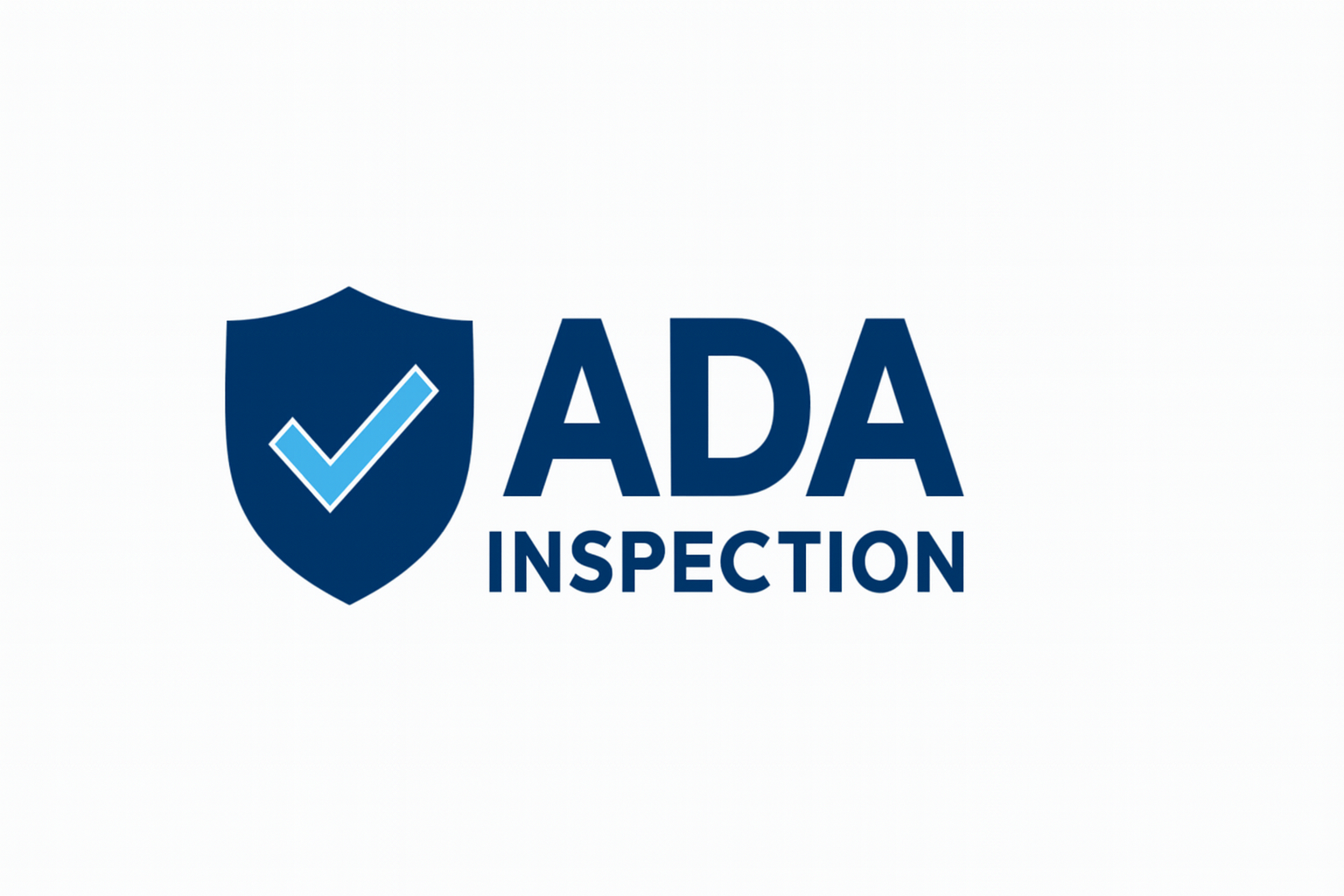Technology insights from Industry Leaders
WEBSITE ADA COMPLIANCE CONSULTANTS Georgia
We review commercial and municipal properties for ADA compliance – call today to speak with a licensed certified access specialist (CASP)
ADA WEBSITE AUDITS & DEVELOPMENT Georgia
ADA Compliance For Websites & Your Digital Presence – Call Today (714) 500-7585
Recently so many web owners have faced the long arm of the law. They paid huge fines after their website underwent scrutiny and were found not to be ADA website compliant. Make sure that your website conforms to the WCAG 2.0 guidelines of the section 508. Section 508 compliance is extremely important! Contact us for a free consultation today.
Importance of ADA-Compliant Websites for Businesses in Georgia
Georgia’s booming economy, driven by logistics, film, and technology, demands ADA-compliant websites to serve its 12% of residents with disabilities (CDC). Businesses in Atlanta’s tech hub or rural retail rely on digital platforms to reach customers. An accessible website accommodates users with visual or auditory impairments, enhancing user experience and market reach. Georgia has seen a surge in ADA lawsuits, with non-compliant websites facing legal and financial risks. Compliance is critical for businesses seeking government contracts, common in Georgia’s logistics sector. An accessible website also appeals to the state’s diverse and aging population. By prioritizing ADA compliance, Georgia businesses avoid litigation, foster inclusivity, and strengthen their competitive edge in a dynamic economy.

WHAT IS WEBSITE ADA COMPLIANCE AND IS YOUR SITE ADA COMPLIANT?
We run into ADA issues quite often these days whether we walk into buildings that do not enable ramps for the handicapped, or businesses that do not have wheelchair-friendly restroom stalls, or websites with color contrast issues and no alternate text on images. As a result, the Americans with Disabilities Act, or ADA, was signed into law on July 26, 1990 by George W. Bush. It is a civil rights law that prohibits discrimination against individuals with all types of disabilities by employers. Technology forces us to think about accessibility in a broader context than even our physical environment. It’s not just whether a person requires a wheelchair. A person could be visually impaired or have a motor disability. A person could have slower internet or an older browser. With a graying population, some are not familiar with modern user interface (UI) pattern. Disabilities may include visual, auditory, physical, speech, mental and neurological disabilities. Adherence to web accessibility standards not only benefits the handicapped but all users. Website ADA compliance includes guidelines that take into consideration the needs of people with disabilities so they can navigate your site and get the information they need.
Constructive Counsel
Submit your website for a free ADA compliance review
- Accessibility guidelines for websites are complex and subjective – The design rules are technical. It’s code! Most businesses are not tech companies!
- Accessibility can’t be automatically fixed – There’s no plugin or program to add accessibility to your website. Features have to be repaired or rebuilt altogether.
- Automated tests aren’t complete – A computer will find a list of unimportant errors in its design of almost any site. At the same time, this computer won’t find or understand the real roadblocks that users confront on the site.


